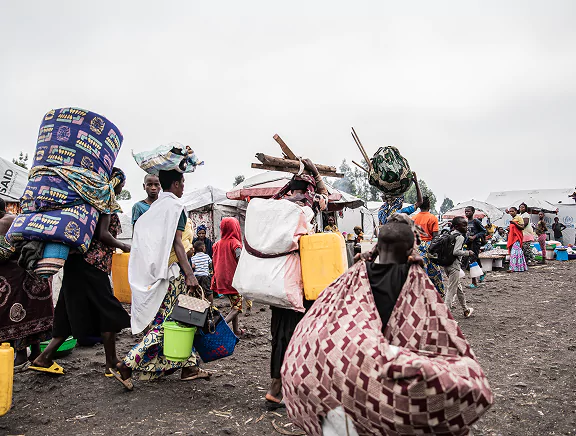HumAn-1
INTERNATIONAL ALLIANCE FOR DIABETES ACTION
Médecins Sans Frontières (MSF)

International Alliance for Diabetes Action
Improving diabetes care in humanitarian settings.
Photo credit: Paul Odongo, Médecins Sans Frontières (MSF)
Diabetes: A crisis within crises

Diabetes is a major cause of death, disability and suffering in lower- and middle-income countries, particularly amongst marginalized groups such as refugees.

Humanitarian crises are the perfect storm of vulnerabilities and reduce access to life-saving care and medicines for diabetes.


Despite projections of increases in both diabetes and humanitarian crises, the provision of diabetes care in humanitarian settings remains scarce and poorly coordinated.
Our Mission is
to ensure that quality diabetes care is globally accessible to the most vulnerable populations affected by humanitarian crises and stop the unnecessary disability and death of people living with diabetes in these settings.
We envision a world where
people affected by humanitarian crises will have access to affordable medications, diagnostics, and quality care for diabetes.
Real Stories: Living with Diabetes During Crises

5th Symposium on Diabetes in Humanitarian Crises
The 5th Symposium on Diabetes in Humanitarian Crises, took place on October 16–17, 2025, in Geneva, Switzerland.
The Symposium was hosted by IADA in collaboration with the London School of Hygiene & Tropical Medicine Centre for Global Chronic Conditions, and Mass General Brigham, and generously supported by The Leona M. and Harry B. Helmsley Charitable Trust.






.webp)
.webp)








